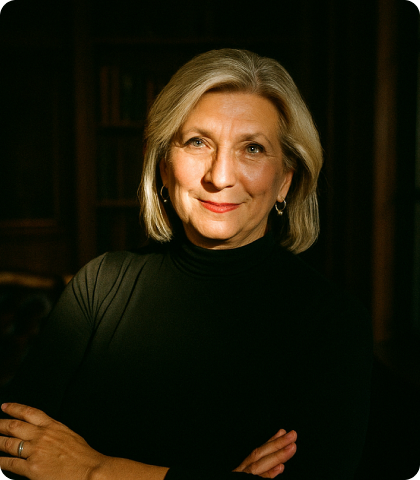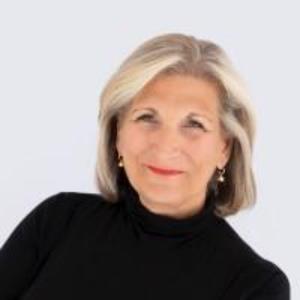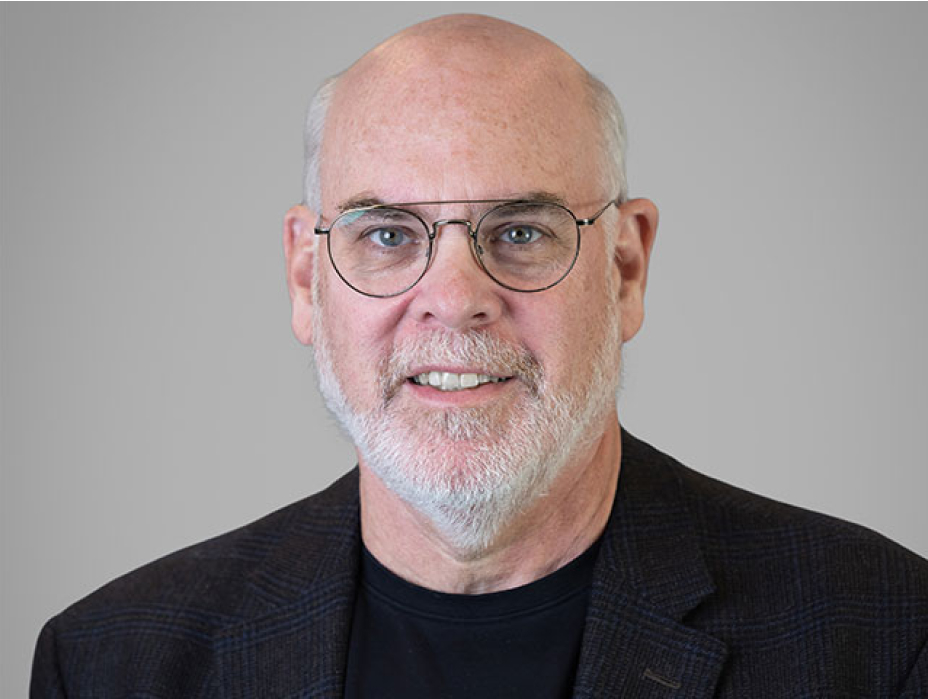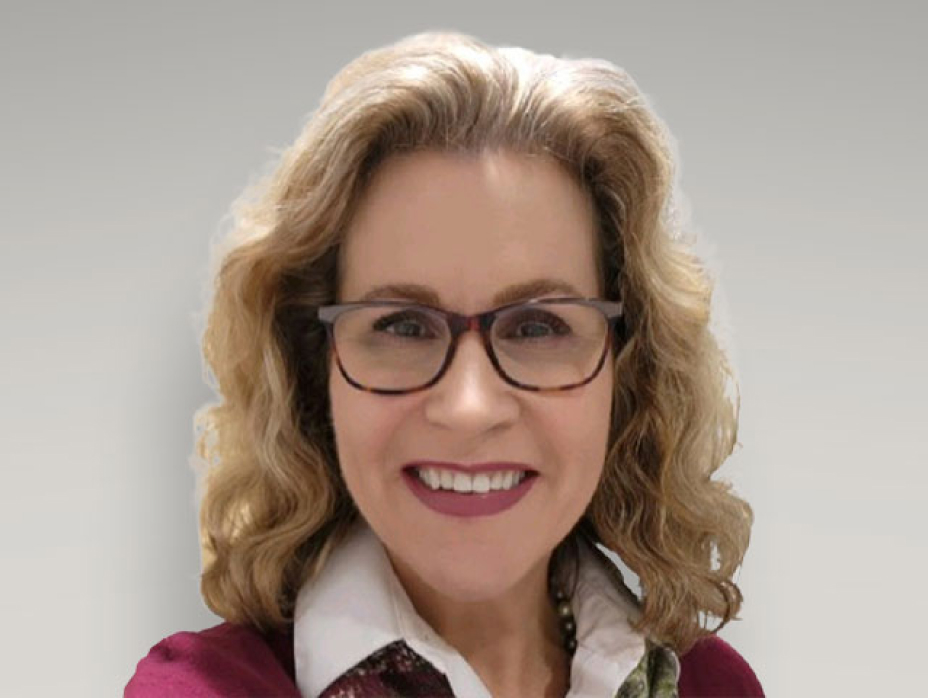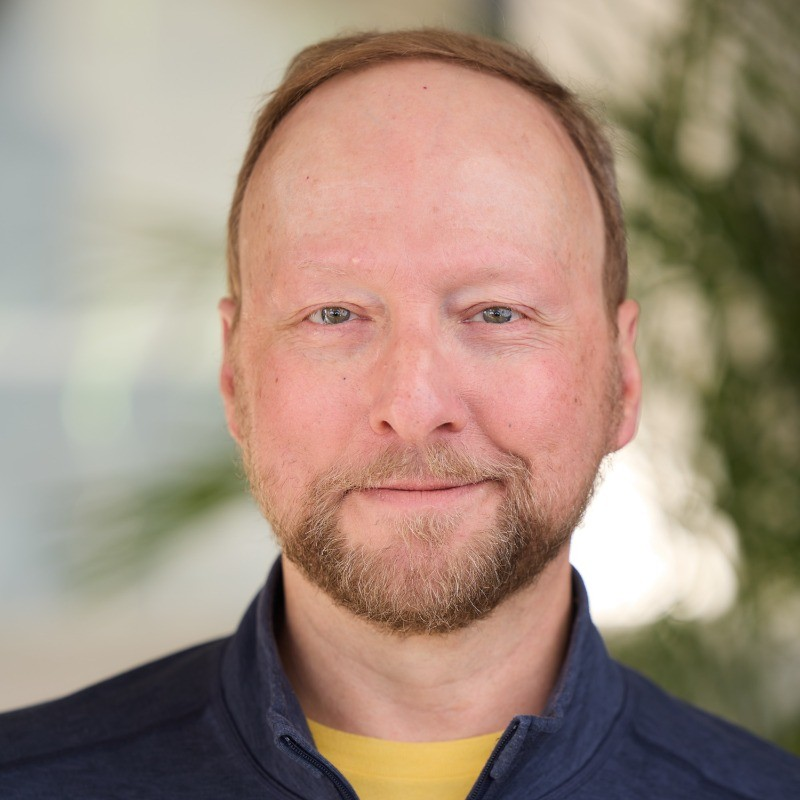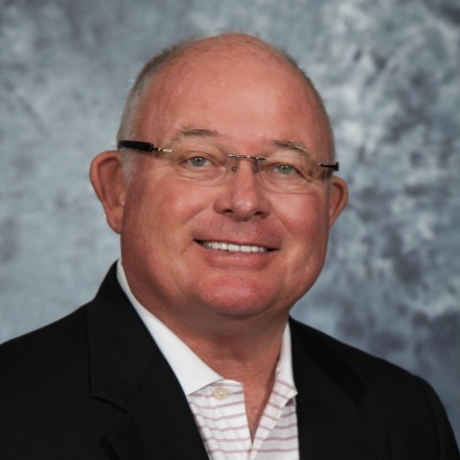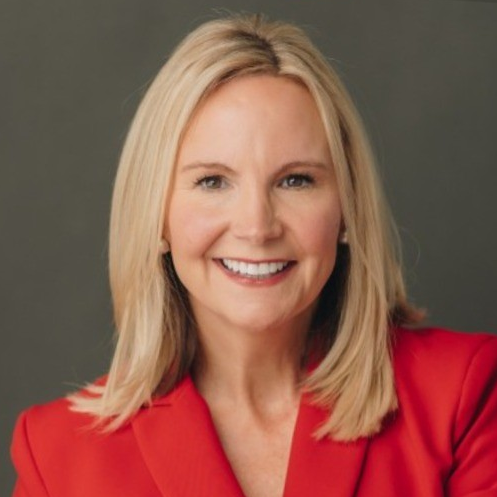Women comprise about 60% of the insurance workforce generally; but they make up a mere 23% of executive positions at carriers. Is ‘SelfPowerment’ the answer to the imbalance?
Deb Smallwood has spent a career in insurance building technical resources and companies, and championing the careers of other women in the industry. Like her, many of these women were presented with their first opportunities out of necessity.
Specifically, the precise nature of insurance demanded true meritocracy. If you could deliver in any part of the industry, the old boys would fling open the doors and old barriers to entry would be summarily removed.
That’s not to say insurance ever was, or is, immune to biases against women. While progress has, and continues to be made, studies reveal an ongoing issue: open doors close just in the C-suite threshold.
Women currently represent approximately 60% of the insurance workforce but hold just 23% of executive positions at carriers, said former ReSource Pro Advisory Services Partner Meredith Barnes-Cook, during a Resource Pro Summit 2025 panel discussion titled “ Women Leading Insurance.”
For Deb Smallwood, these statistics aren’t just data points — they’re a call to action.
That’s why, after 46 years in the insurance field, Smallwood, who co-founded the influential advisory firm Strategy Meets Action (acquired by ReSource Pro in 2021), is now heading “SelfPowerment,”, a multi-channel, multi-media platform designed to equip women with tools to overcome barriers to advancement.
“I’ve shifted from ‘why not me?’ to ‘why not us?'” Smallwood explained during an interview ahead of the panel. “I’ve launched a self-empowerment platform centered around a book framework, offering services and mastermind classes to inspire high-performing, high-achieving women to believe in themselves and step into their power.”
Smallwood’s rise through the insurance industry serves as both inspiration and blueprint. Starting as a COBOL programmer trainee, she navigated 20 different roles throughout her career, eventually becoming a CIO, CEO, and partner at KPMG before founding her own successful business.
“I always looked up and out and saw infinite possibilities,” she said during the panel. This philosophy propelled her forward even when women in leadership positions were rare.
The creation of “SelfPowerment” stemmed from interviews Smallwood gathered with over 50 successful businesswomen, predominantly from insurance. Their stories revealed a troubling pattern: many talented women encounter roadblocks, whether from institutional barriers or self-imposed limitations, that halt their progression.
“There’s an event; you either get laid off, you get downsized, you don’t get the promotion,” Smallwood said. “It’s painful for anyone. But women get paralyzed. They get filled with self-doubt. I have tools that can help them think through ‘Who am I as a human being and what am I doing?’”
One particularly concerning area is technology leadership, an area close to Smallwood’s heart. Despite women comprising about 77% of lower-level insurance positions, they represent just 11% of technology executives in insurance organizations, according to data Barnes-Cook shared during the panel.
To address this specific disparity, in January 2025, Smallwood launched “Becoming a Woman CIO,” a program where six male CIOs sponsor young women with leadership potential. The program addresses a critical insight from her research: women often need help shifting from operational details to strategic thinking.
“It’s about getting women out of the weeds of operations and helping them think strategically and politically,” Smallwood said. “When you want to reach those high levels, it’s a different way of connecting and networking.”
Slow progress in an open field
Yet the progress toward gender parity remains frustratingly slow. Barnes-Cook cited recent McKinsey research projecting that true gender parity in business leadership won’t be achieved for another 50 years. “My granddaughter is going to be retiring by then,” Smallwood remarked with evident frustration.
“The numbers and percentages are still low, and women are burning out or they don’t feel qualified or they’re being ignored,” Smallwood notes. “It’s not all corporate’s fault. Some of it is women and their inability to really step forward into the careers that they want.”
Smallwood doesn’t have all the answers either; asked why women hold back she answered, “It’s very complex. It’s just not one reason. Some women I’ve met —really bright women, top performers, high achievers — they don’t want to go to the C level. They just don’t want to play there. But why?”
Insurance is fairly open and quite flexible, but there is, still, societal and cultural issues, gender bias — and early on, a lack of good day care.
And then there’s the hold which the good old boy’s network has on all things corporate; people who know people are brought in ahead and they make the model for what it takes to move into the technological departments or the C-suite.
Smallwood points out that in the eighties, 50% of the programmers and analysts were women “ because it was a new field and insurance companies had their own training programs and they were hiring teachers and musicians to come in because they did really well on the programming test. But then it has slowly just slowly died out.”
Sharing empowerment
Despite these challenges, Smallwood maintains that insurance offers tremendous opportunities for women who persist. “I love the insurance industry. It offers infinite possibilities for men and women,” she said. “It’s so vast and so diverse that you can navigate. I’ve had 20 different roles in my 46 years.”
The development of the SelfPowerment initiative hasn’t been without its own challenges. Still, the program is just in its early stages, Smallwood says. (She’s still in the process of trademarking the name). But Smallwood doesn’t see this as a sudden spark. Rather, it’s a reflection of an entire career spent working to erase both institutional barriers and internal obstacles.
“I was going to go write a book… and two years later, I have a draft manuscript, a website, a pending trademark, an assessment tool, a framework, two mastermind programs, workshops,” Smallwood said, adding, “And I’m drafting a self-help book.”

